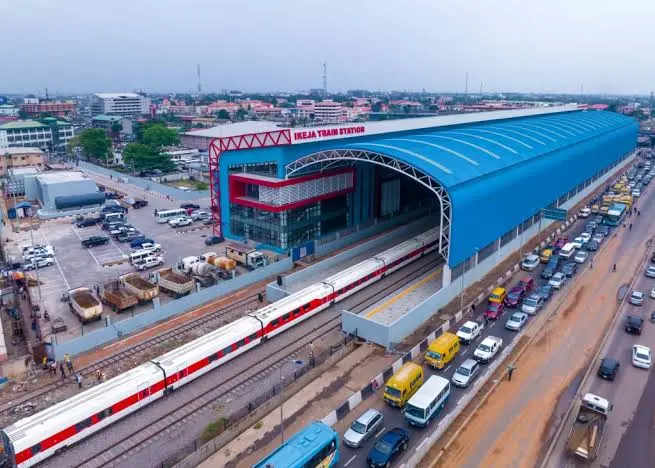Nigeria’s Oil and Gas Reserves Inch Up by 1.4% and 0.5% Respectively in 2023

The Nigerian Upstream Petroleum Regulatory Commission (NUPRC) revealed yesterday that Nigeria’s oil and gas reserves experienced marginal growth last year, increasing by 1.4% for oil and 0.5% for gas.
Thank you for reading this post, don’t forget to subscribe!
According to the Commission’s annual national petroleum reserves position report, as of January 1, 2024, oil reserves stood at 37.50 billion barrels, compared to 36.966 billion barrels recorded on January 1, 2023. This reserve includes crude oil at 31.56 billion barrels and condensate oil at 5.94 billion barrels.
In terms of natural gas, the Commission reported that reserves reached 209 trillion cubic feet (TCF) as of January 1, 2024, compared to 208.83 TCF over the corresponding period last year. The gas reserve comprises 102.59 TCF of associated gas and 106.67 TCF of non-associated gas.
Speaking to journalists in Abuja, the Commission’s Chief Executive, Engr. Gbenga Komolafe, attributed the growth in oil and gas reserves to contributions from the development of brown fields awarded through the marginal field awards.
Komolafe also highlighted efforts to ensure domestic refineries have sufficient crude oil for refining. He mentioned the release of a new template for domestic crude oil supply obligations, which has become effective. This initiative aims to make Nigeria self-sufficient in petroleum product supply when the Dangote and NNPC refineries become fully operational later this year.
“The strategic initiative aligns with the policy of the current administration and President Bola Ahmed Tinubu’s declaration that Nigeria is ready for business,” Komolafe said. “The template provides a transparent framework aimed at fostering collaboration among stakeholders for a thriving energy sector.”
He further explained that the template addresses around ten issues affecting crude supply to local refineries, including load allocation and currency of payments. The payment terms will be flexible, allowing for payments in United States Dollar, Naira, or a combination of both, based on agreements between producers and refiners.





